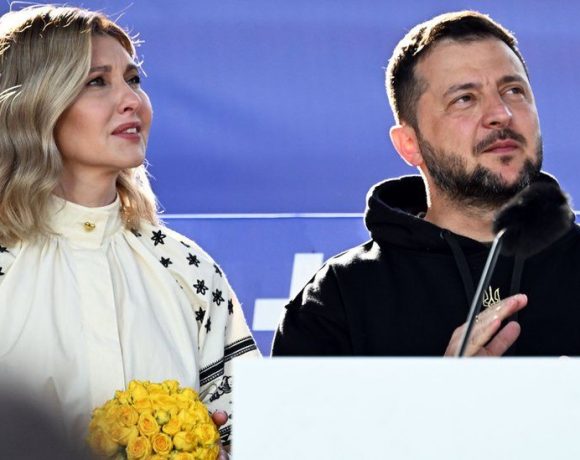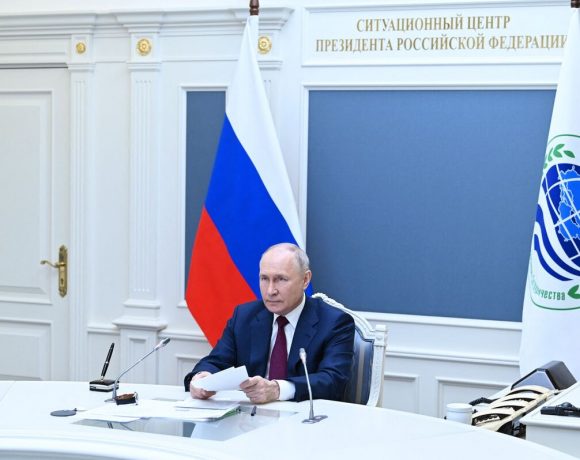
During the NATO summit, the G7 nations are expected to approve a long-term security agreement with Ukraine. The agreement will encompass provisions for defense equipment, training, and intelligence sharing.
British Prime Minister Rishi Sunak emphasized that this agreement would send a strong message to Russian President Putin. The move comes after Ukrainian President Zelensky criticized NATO for not providing a timeline for Ukraine’s accession to the alliance. Sunak stated that the allies of Kyiv are reinforcing their formal arrangements to ensure long-term protection for Ukraine and prevent a repetition of the brutality it has faced from Russia.
The United Kingdom has played a leading role in this agreement, which involves G7 partners such as Canada, France, Germany, Italy, Japan, and the United States. The details of the agreement are expected to be revealed during the summit.
US President Joe Biden has previously suggested a model similar to the US-Israel agreement, which entails providing Ukraine with $3.8 billion in military aid annually for ten years, but without an obligation to come to Ukraine’s aid during an attack. While NATO stated that Ukraine could join the alliance when conditions are met, Zelensky expressed frustration over the lack of a specific timeframe. Despite the absence of a timeline, diplomats pointed out that a clear path to membership has been established, with the application process shortened significantly.
The focus now shifts to the long-term security guarantees that NATO members will offer Ukraine as an alternative to immediate membership. The summit also saw the announcement of military packages for Ukraine, including the training of Ukrainian pilots to fly F-16 fighter jets, and the UK’s commitment to deliver combat and logistics vehicles to Ukraine.
Picture Courtesy: Google/images are subject to copyright

